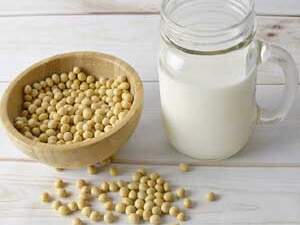Stent design may put patients at risk of heart attack
A new stent design may put patients at risk – Stent shortening – a newly observed deformity in cases using a particular family of stents, can cause serious complications for patients, says researchers. In this case the stent clotted off and the patient had a heart attack.

